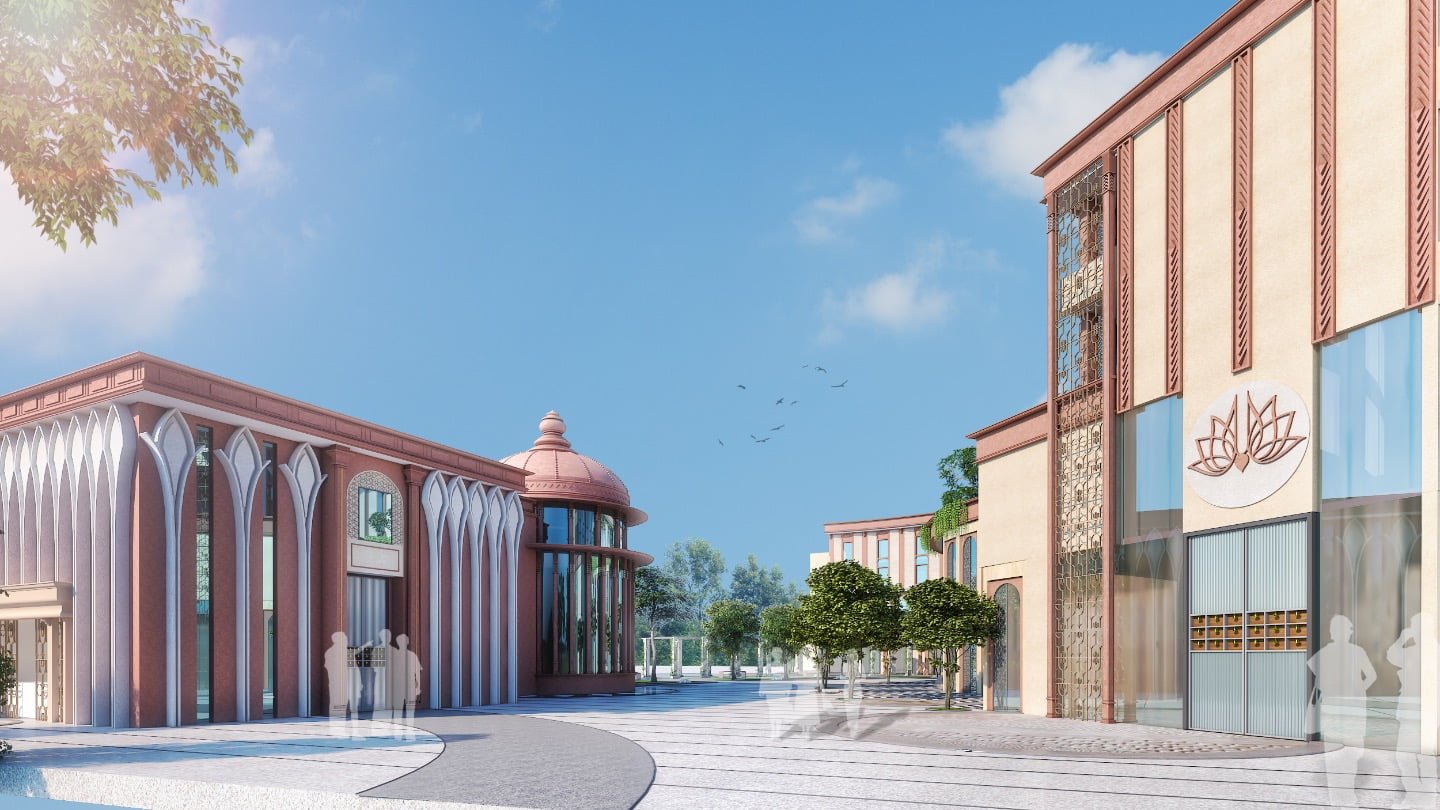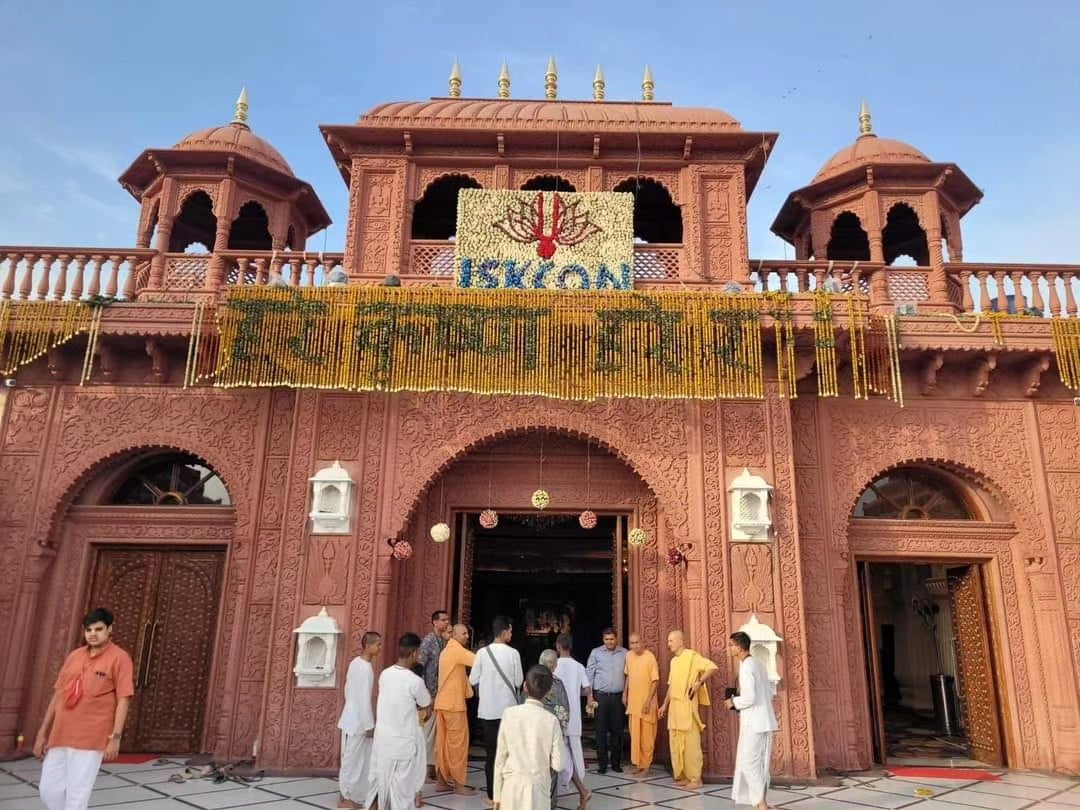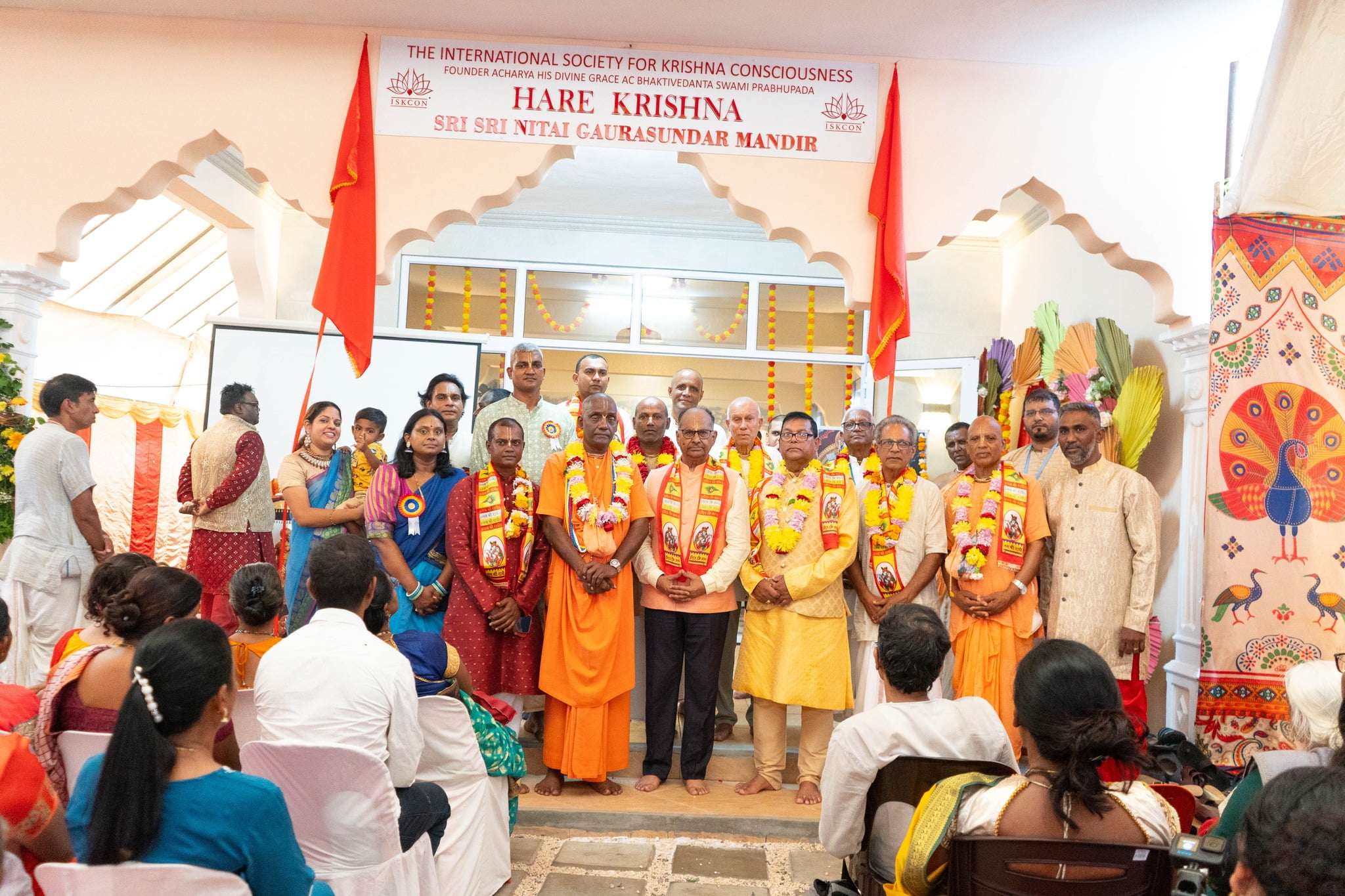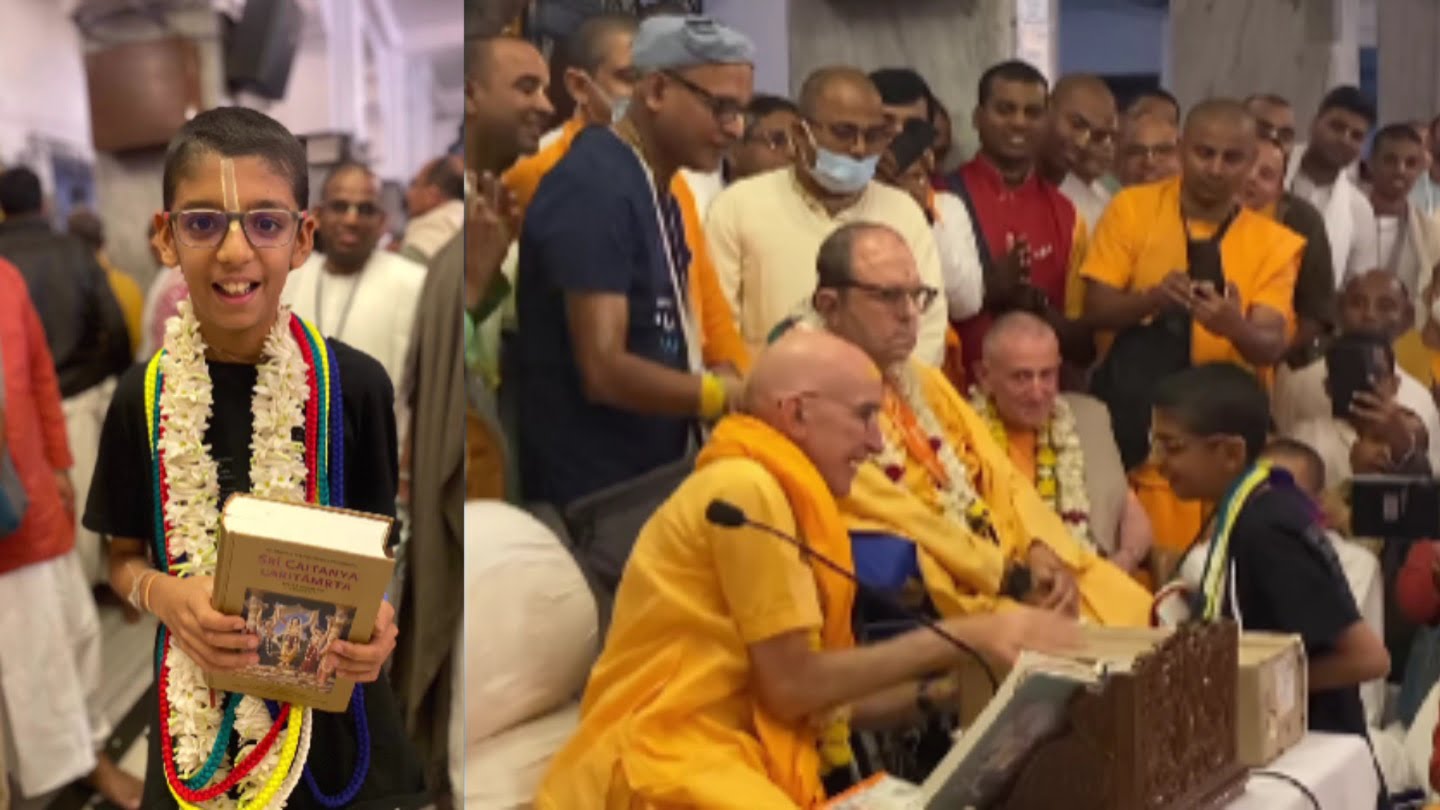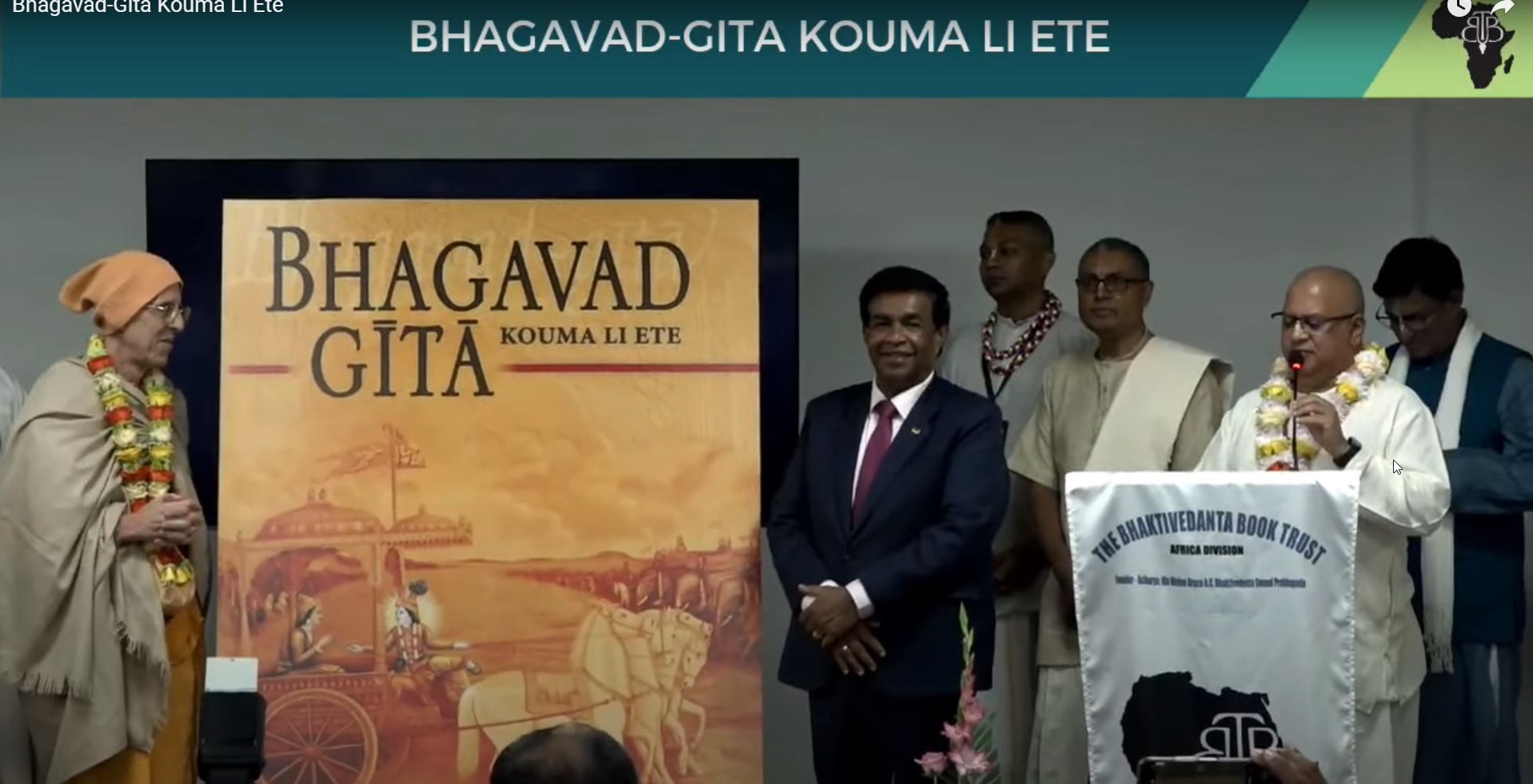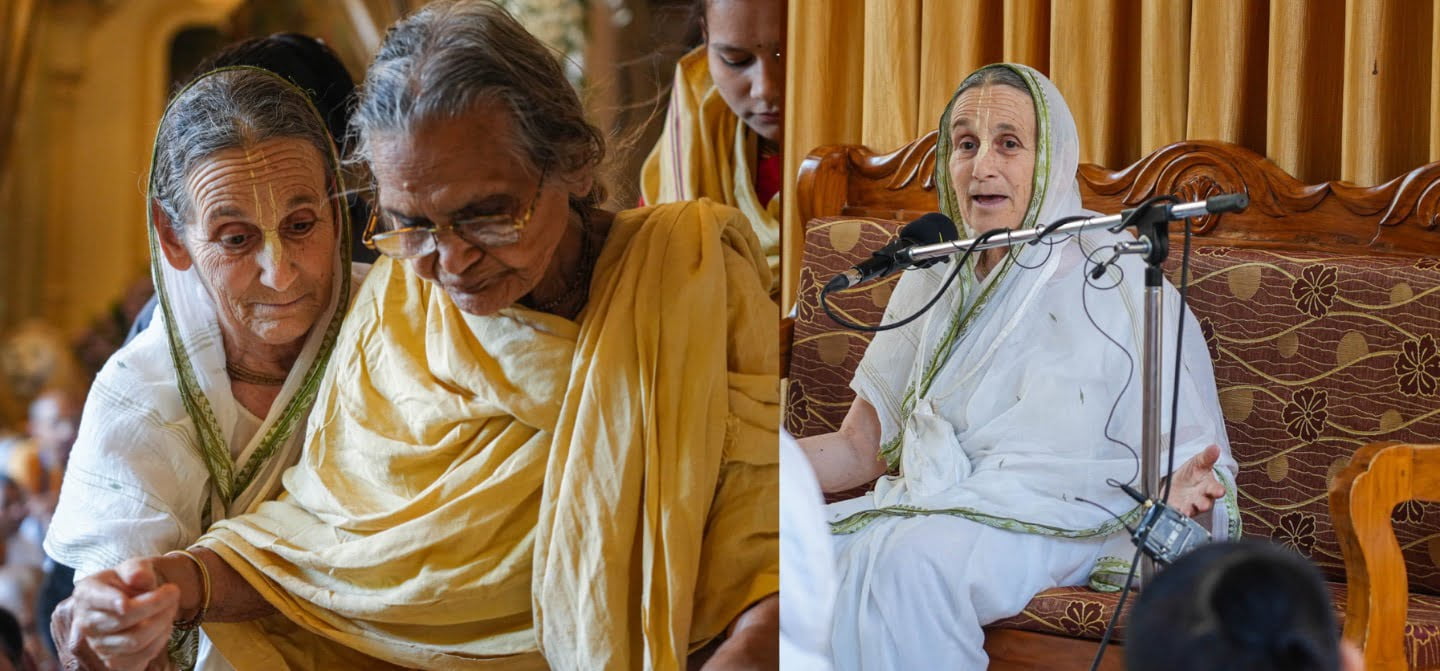Narottama Das Thakur – A Miracle Born of Compassion
By ISKCON Mayapur Communications | Jan 01, 1901
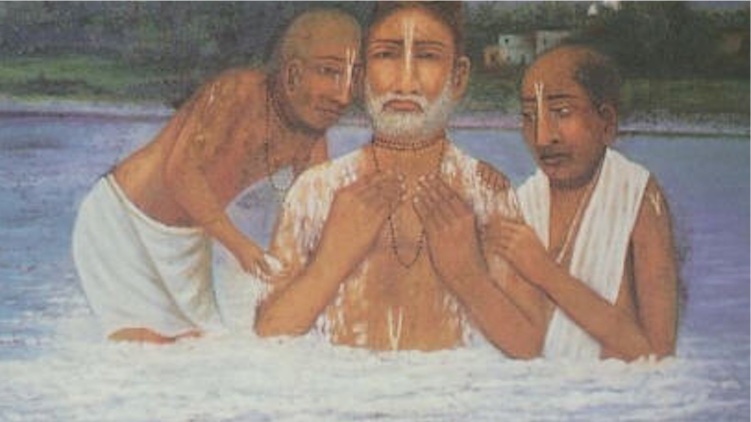
Narottama Das Thakur lived a long life. All of the six Goswamis had left this planet, his dearmost friend Srinivas Archarya had left the planet, his very confidential associate Ramchandra Kaviraj also left the planet, and Narottama Das Thakur wrote the beautiful song “Je anilo prema dhana” :
“He, who brought the treasure of divine love and who was filled with compassion and mercy- where has such a personality as Advaita Acarya gone?
Where are my Svarupa Damodar and Rupa Gosvami? Where is Sanatana? Where is Raghunatha Dasa, the savior of the fallen?
Where are my Raghunatha Bhatta and Gopala Bhatta, and where is Krsnadasa Kaviraja? Where did Lord Gauranga, the great dancer, suddenly go?
I will smash my head against the rock and enter into the fire. Where will I find Lord Gauranga, the reservoir of all wonderful qualities?
Being unable to obtain the association of Lord Gauranga accompanied by all of these devotees in whose association He performed His pastimes, Narottama Dasa simply weeps.” – Je Anilo Prema Dhana Koruna Pracura.
Narottama Dasa Thakura was always in lamentation and separation from the Vaishnavas but simultaneously always experiencing the greatest joy during his last moments.
He wrote many devotional songs about the spiritual master, the devotees, devotional service, the six Goswamis, Gauranga Nityananda and Radha Krishna. Although composed with sweet simple melodies in Bengali language, Narottama Dasa Thakura’s songs give deep philosophical understanding and inspired devotion.
Srila Prabhupada often sang these bhajans and was very fond of his writing considering them non-different from Vedic shastra, He quoted them in his Bhagavatam lectures and conversations.
“Prabhupāda: Give me water. (Prabhupāda sings Hari hari bifale,) You can replay this? (Break)
Professor: Who has written this?
Prabhupāda: Narottama dāsa Ṭhākura.
narottama-dāsa koy, nā ṭheliho rāṅgā pāy,
tomā bine ke āche āmāra
Narottama dāsa Ṭhākura’s singing, hari hari bifale janama goṅāinu: “My dear Lord, I have simply wasted my time. Bifale, without any profit. Because I got this human form of life, but I missed the opportunity for worshiping Rādhā-Kṛṣṇa.” Manuṣya-janama pāiyā, rādhā-kṛṣṇa nā bhajiyā.” And by doing this, I have taken poison knowingly.” Jāniyā śuniyā biṣa khāinu. Then golokera prema-dhana, hari-nāma-saṅkīrtana.” This nāma-saṅkīrtana is not any material thing. It is the ecstatic love of Kṛṣṇa in the Goloka Vṛndāvana.“- Room Conversation with Sanskrit Professor, Dr. Suneson — September 5, 1973. Stockholm
In Kheturi, Sri Narottama Dasa Thakura arranged the famous Kheturi Mahotsava. This was the first “Gaura-Purnima” festival to honor the divine appearance day of Sri Krishna Chaitanya Mahaprabhu. During the festival six Deities were installed: Sri Gauranga Deva, Sri Vallabhi Kanta, Sri Vraja Mohana, Sri Krishna, Sri Radha Kanta and Sri Radha Ramana.
Prarthana and Prema-bhakti-chandrika are Narottama Dasa Thakura’s most famous works of literature.
Narottama Dasa Thakura was from the kayastha community, very wealthy landowner but considered to be of the sudra cast. He had so many thousands of disciples and many of them were very, very highly qualified brahmans. One of them for instance, Ganga Narayan Chakravarti, he was a very learned scholar coming from stalwart brahman family and Ramchandra Kaviraj was also very high birth, very highly recognized person and they were obedient humble servants surrendered to Narottam Das.
During his incredible disappearance pastime Narottam Dasa Thakura asked his disciples to bring him to the Ganges and pour the water on his body with their bare hands. While bathing they saw his skin turn white and it started to melt. Touched by the water of the Ganges, his body was turning into milk and was just merging into the Ganges.They saw their Gurudev was getting smaller slowly melting away. While bathing their hearts were breaking in pain and sadness and shedding tears, but they couldn’t stop, because their guru ordered them, they had to follow the order of their guru. As they were pouring water on his body, his body merging into the Ganges, it was also tears more than milk, to watch their guru pass away in front of their own eyes. It was just milk and tears flowing on and on as an offering unto mother Ganga, until finally he disappeared.

The disciples took that milk mixed with tears and Ganga water and put it in a big pot and brought it to a place near Kheturi, where Narottama Dasa Thakura lived and built a beautiful Samadhi for him. To this day, the Samadhi is there. It is called Doodh samadhi, the samadhi of milk.
Narottama had such compassion, he embraced even the cast brahmanas who blasphemed him as a sudra. He remains a symbol of compassion and an icon of reference in our Brahmha Madhvaya Gaudia disciplic succession.



